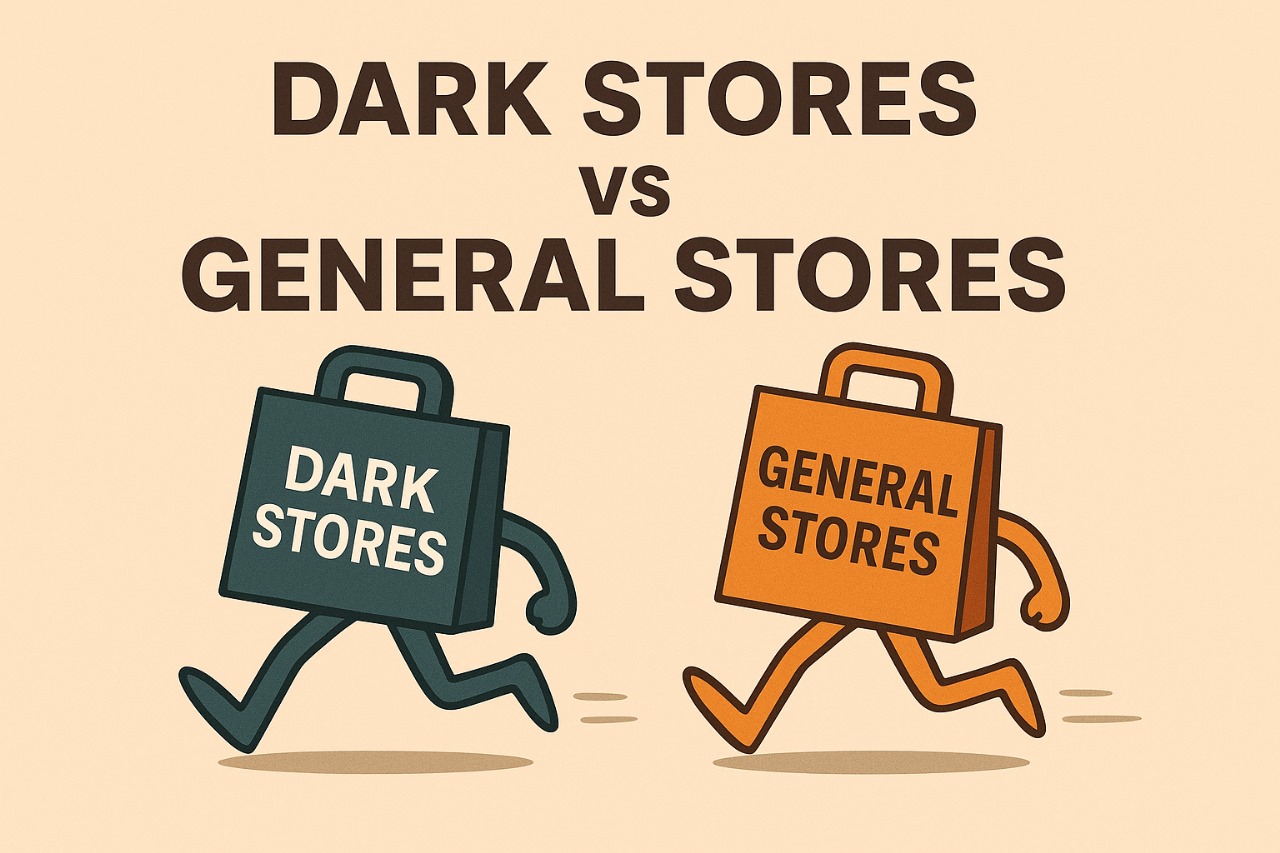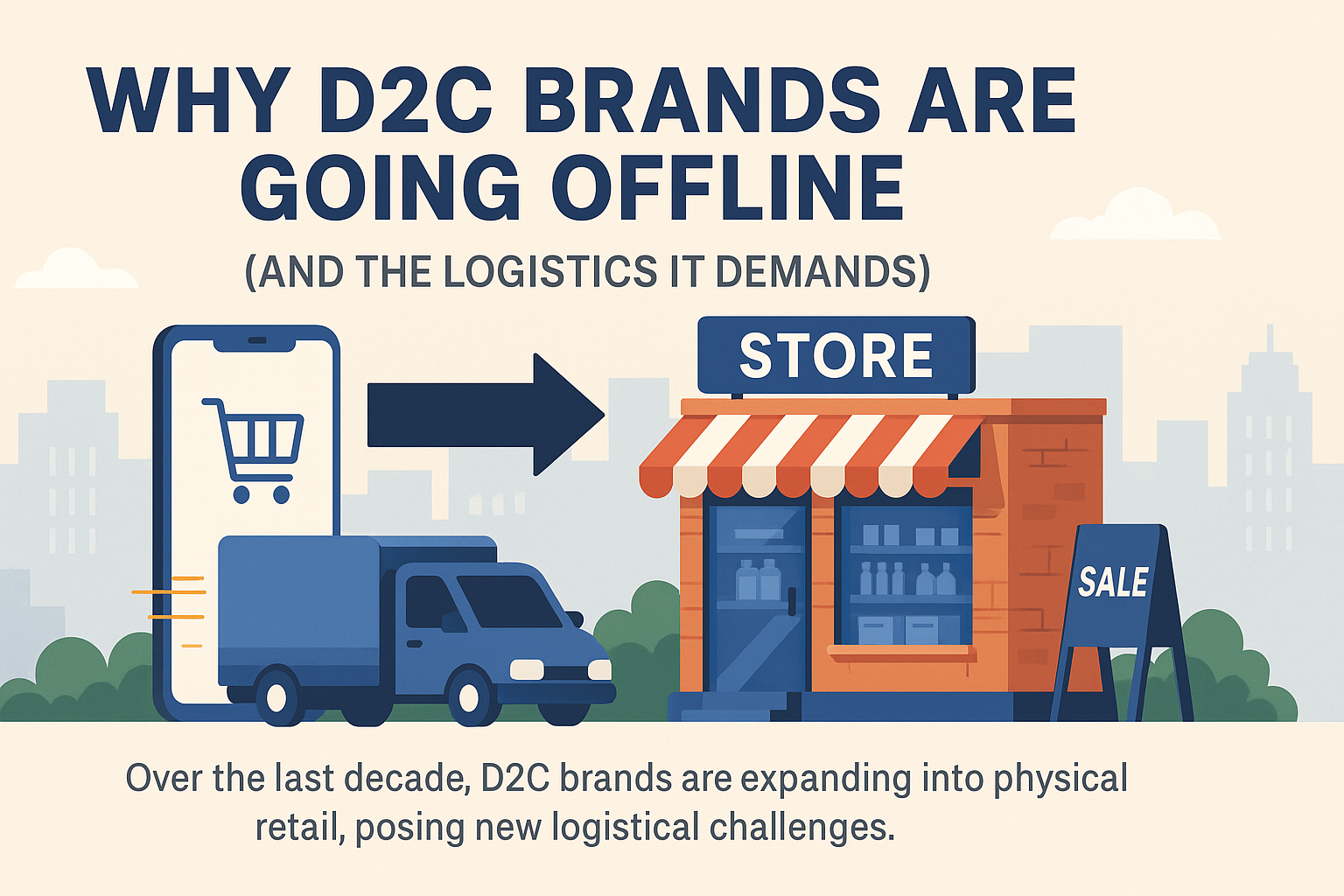The Power of Late Entrants: Lessons for Logistics and Beyond

Why 'Goliath' Markets Aren’t Immune to Disruption
In the logistics and supply chain sectors, it's often assumed that established giants have an unassailable advantage due to their entrenched customer bases, extensive infrastructure, and economies of scale. However, recent developments demonstrate that late entrants can successfully challenge incumbents by leveraging innovative strategies and technologies.
Case Studies of Successful Late Entrants
Rapido's Expansion into Cab Services
Initially known for its bike-taxi services, Rapido has ventured into the four-wheeler cab market, directly competing with industry leaders like Uber and Ola. By adopting a zero-commission model for drivers, Rapido aims to attract a substantial driver base, thereby enhancing service availability and customer satisfaction. (Business & Finance News The Times of India)
BluSmart's All-Electric Fleet
BluSmart is distinguishing itself by operating an entirely electric vehicle (EV) fleet, addressing environmental concerns and capitalizing on the growing demand for sustainable transportation options. This focus on EVs has allowed BluSmart to carve out a niche in the ride-hailing market, appealing to eco-conscious consumers. (Gadgets 360)
Physics Wallah's EdTech Disruption
Starting as a YouTube channel, Physics Wallah has evolved into a comprehensive educational technology platform, offering affordable and accessible learning resources. By focusing on cost-effective solutions and leveraging digital platforms, it has successfully competed with established players in the edtech industry. (Wikipedia)
Strategies Employed by Late Entrants
Targeting Overlooked Niches
Late entrants often identify and focus on market segments that incumbents have neglected. For instance, Rapido's initial emphasis on bike taxis addressed a gap in affordable and convenient short-distance travel.
Offering Superior Value Propositions
To attract customers from established competitors, new entrants provide significantly enhanced value—be it through pricing, service quality, or innovative features. BluSmart's commitment to an all-electric fleet offers an environmentally friendly alternative that resonates with a growing segment of consumers. (Gadgets 360 NDTV Profit)
Capitalizing on High-Frequency Use Cases
Engaging in services that customers use regularly, such as daily commutes or educational platforms, allows new entrants to build strong relationships and brand loyalty, facilitating further expansion.
Emphasizing Operational Efficiency
Without the luxury of abundant funding, late entrants often prioritize lean operations and cost-effective strategies. Physics Wallah's use of existing digital platforms to disseminate educational content exemplifies this approach.
Leveraging Established Infrastructure
Late entrants often benefit from pre-existing market education and infrastructure. This foundation allows them to focus on innovation rather than building markets from scratch, accelerating their path to relevance and impact.
Emerging Opportunities with Generative AI
Generative AI is unlocking new disruption avenues across sectors, including logistics. AI-driven tools enable route optimization, freight matching, and predictive analytics, giving new entrants a competitive edge in operations and customer service.
Conclusion: Redefining Market Dynamics
The dominance of incumbent players does not preclude the success of late entrants. Through strategic focus, innovation, and operational efficiency, newcomers can compete effectively and reshape industry landscapes.



